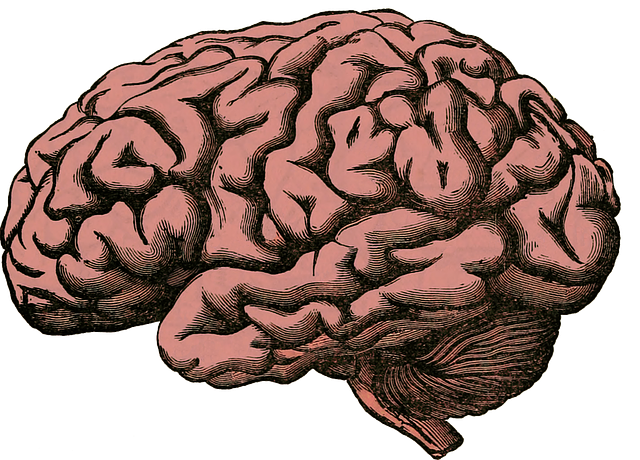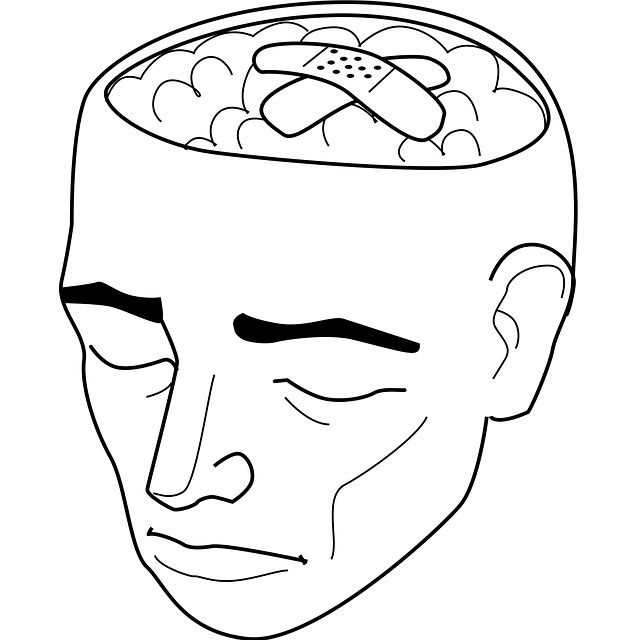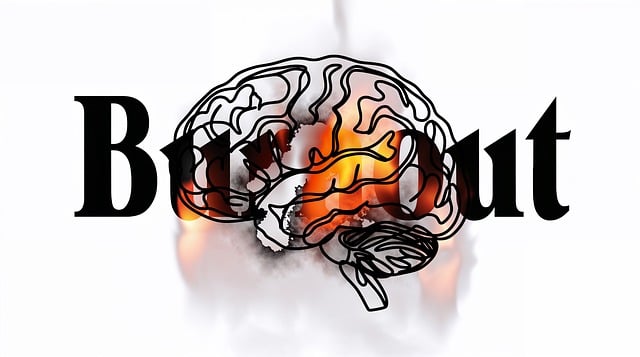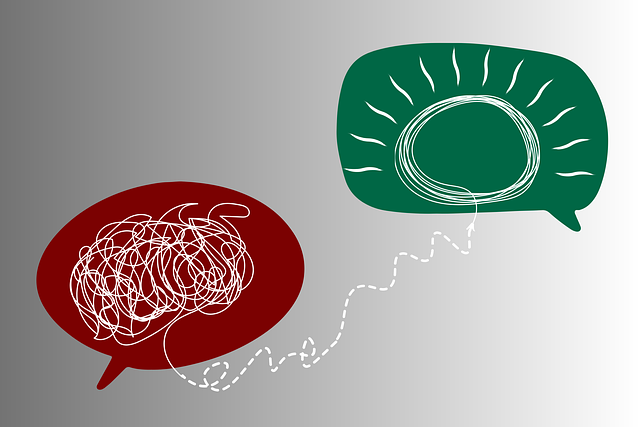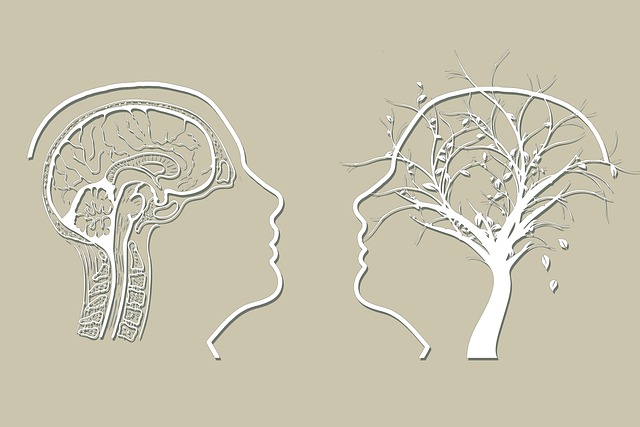Longmont Divorce Therapy leverages mindfulness meditation as a powerful tool for managing emotions during challenging separations, enhancing emotional regulation, and providing anxiety relief. Creating a dedicated meditation space with relaxing elements signals to the mind it's time to disconnect and engage in practices like Longmont Divorce Therapy or Stress Reduction Methods, promoting inner peace. Breath work, body scans, and integrating mindfulness into daily routines foster present-moment awareness, calm, stability, emotional understanding, and resilience—all vital for navigating divorce chaos and improving mental wellness.
Discover the transformative power of mindfulness meditation with our comprehensive guide, designed to support individuals navigating Longmont Divorce Therapy. Learn how this ancient practice can foster emotional resilience and enhance well-being. From creating a sacred meditation space to mastering breath work and body scans, each section offers practical tools for integrating mindfulness into daily life. Continue your journey beyond therapy sessions by embracing these techniques for lasting emotional regulation and personal growth.
- Understanding Mindfulness Meditation: A Foundation for Longmont Divorce Therapy
- Setting the Scene: Creating Your Ideal Meditation Space
- Breath Work: The Anchor of Your Practice
- Body Scans and Mindfulness Exercises for Emotional Regulation
- Integrating Mindfulness into Daily Life: Sustaining Your Journey Beyond Therapy Sessions
Understanding Mindfulness Meditation: A Foundation for Longmont Divorce Therapy

Mindfulness meditation is a powerful tool that forms the foundation for effective Longmont Divorce Therapy. It encourages individuals to focus on the present moment, observing their thoughts and feelings without judgment. This practice has gained significant recognition in the field of mental health due to its ability to enhance emotional regulation and provide anxiety relief.
In the context of divorce, mindfulness can offer a sense of calm amidst the chaos. By cultivating awareness, individuals can better understand their emotions, enabling them to navigate the challenges of separation with greater resilience. Public Awareness Campaigns Development focused on mindfulness has further emphasized its importance in promoting mental well-being during life transitions, making it an integral part of modern divorce therapy approaches.
Setting the Scene: Creating Your Ideal Meditation Space

Creating your ideal meditation space is a key step in establishing a successful mindfulness practice. Consider it your personal sanctuary for calming your mind and cultivating mental wellness. Whether you opt for a dedicated corner in your home, a quiet room away from daily distractions, or even a cozy spot outdoors, ensure it’s a place where you feel at ease and can focus on your breath. Incorporate elements that promote relaxation—soft lighting, comfortable seating, perhaps some soothing scents like lavender to enhance your experience.
Imagine this space as a haven for self-awareness exercises, where every session leaves you feeling refreshed and grounded. By setting the scene just right, you’re not just preparing a physical area; you’re also signaling to your mind that it’s time to switch off from the outside world and engage in practices like Longmont Divorce Therapy (if applicable) or various Stress Reduction Methods to promote inner peace and balance.
Breath Work: The Anchor of Your Practice

Breath work is a fundamental aspect of mindfulness meditation practice, serving as the anchor that connects you to the present moment. By focusing on your breath, you cultivate a sense of calm and stability, essential for navigating life’s challenges, even those as complex as those faced by individuals in Longmont Divorce Therapy. This simple yet powerful technique allows you to create a space between you and your thoughts, enabling a deeper connection with your emotions and bodily sensations.
Integrating breath work into your self-care routine development for better mental health is a crucial step towards cultivating resilience and enhancing your overall well-being. Just a few minutes of mindful breathing each day can significantly improve your ability to manage stress and anxiety, fostering a sense of inner peace that transcends the hustle and bustle of daily life. Consider it as a form of mental health education programs design tailored to nurture your mind and soul, ultimately leading to a more balanced and fulfilling existence.
Body Scans and Mindfulness Exercises for Emotional Regulation

Mindfulness meditation offers powerful tools for emotional regulation, and one such technique is the body scan. This practice involves systematically bringing attention to different parts of the body, helping individuals cultivate a deeper sense of awareness and connection with their physical sensations. By focusing on each area, from the top of the head down to the toes, practitioners learn to recognize tension, discomfort, or any unusual feelings, enabling them to address and release emotional blocks non-judgmentally.
In addition to body scans, mindfulness exercises play a pivotal role in mood management. Longmont Divorce Therapy, for instance, often incorporates these practices into their programs, focusing on helping individuals develop a stronger relationship with the present moment. Such exercises encourage non-reactive observation of emotions as they arise, fostering better emotional regulation skills and promoting mental wellness. This is particularly beneficial during challenging life transitions or stressful situations, where effective mood management can significantly enhance one’s overall well-being, as highlighted in various Mental Health Education Programs Design.
Integrating Mindfulness into Daily Life: Sustaining Your Journey Beyond Therapy Sessions

Integrating mindfulness into your daily routine is a powerful way to sustain your mental health journey beyond therapy sessions. It allows you, especially those navigating challenges like Longmont Divorce Therapy, to develop coping mechanisms that enhance emotional resilience. By dedicating just a few minutes each day to mindfulness practices, such as deep breathing exercises or mindful walking, you can improve your ability to manage stress and regulate emotions effectively. This consistency is key; regular practice reinforces positive thinking and helps to cultivate a healthier mindset.
This journey doesn’t stop at personal growth; it contributes to broader aspects of mental health policy analysis and advocacy. When individuals prioritize mindfulness, there’s a ripple effect that can influence mental health policies and societal perceptions. It encourages a proactive approach to emotional well-being, shifting the focus from reactive therapy to preventive measures. This shift in perspective empowers folks to take control of their mental health, fostering a community that prioritizes emotional regulation and overall wellness.
Mindfulness meditation, when practiced consistently, can be a powerful tool within Longmont Divorce Therapy. By creating a dedicated space, focusing on breath work, and integrating body scans, individuals can regulate emotions and cultivate a sense of calm. As you continue your journey beyond therapy sessions, remember that mindfulness is an ongoing practice. Incorporate these techniques into your daily routine to enhance well-being and navigate life’s challenges with greater resilience.
